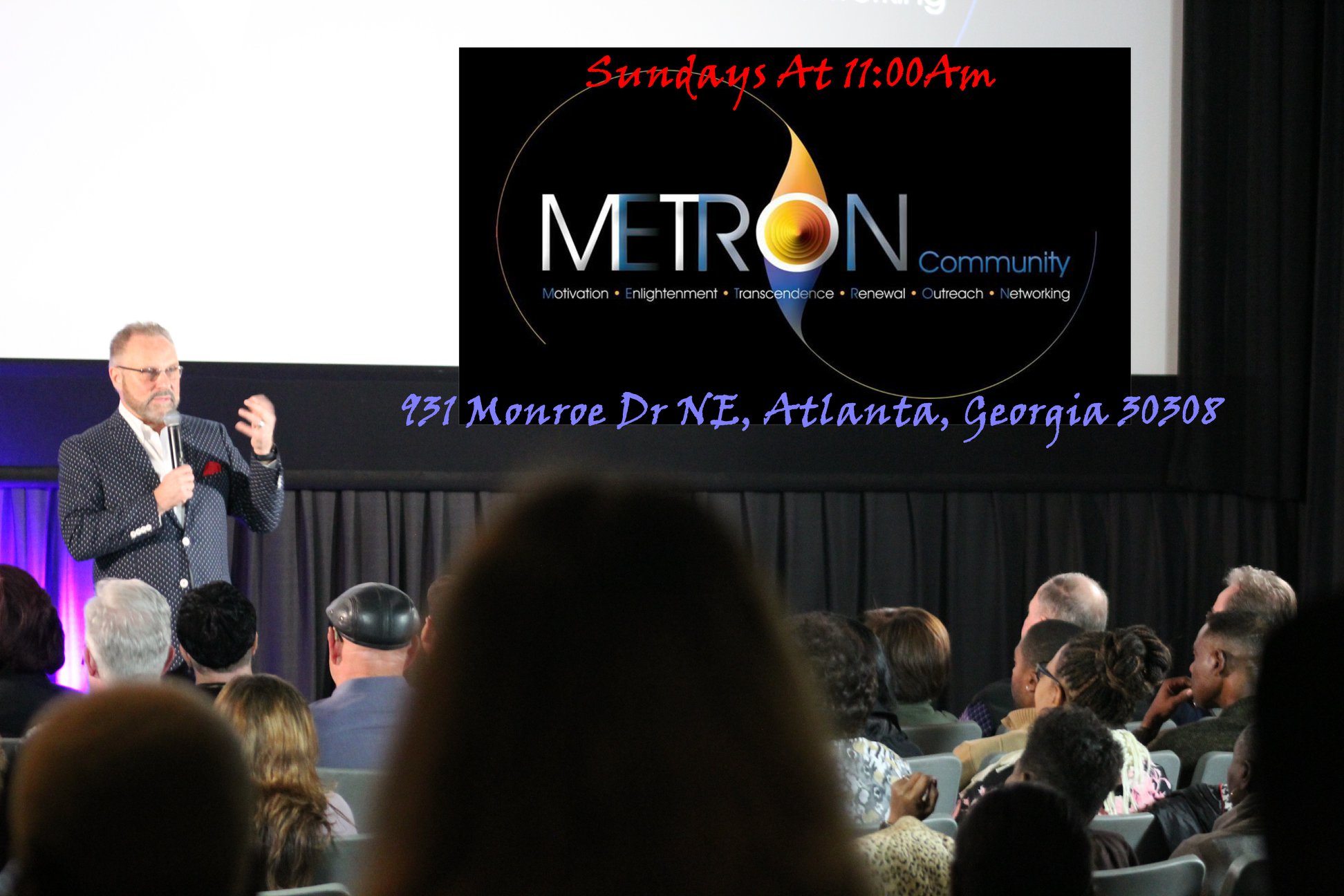
1-27-19 – Part III – MEDITATION, PRAYER AND INTENTION
Podcast: Play in new window | Download
Subscribe: Apple Podcasts | RSS | More
Bishop Jim’s insightful messages help others find THEIR METRON through M~otivation E~nlightenment T~ranscendence R~enewal O~utreach and N~etworking
1-27-19 – MEDITATION, PRAYER AND INTENTION: Creating the Future with a Threefold Cord Not Easily Broken, Part III
Today’s Notes:
I – “…a threefold cord is not quickly broken.”
(Ecclesiastes 4:12 – NKJV)
II – “Therefore I tell you, whatever you ask for in prayer, believe that you have received it, and it will be yours.”
(Mark 11:24 – NIV)
III – “…what is a prayer? A prayer is a thought that possesses the quality of directed intention. It’s holding a specific outcome in our minds with the objective of connecting to a greater power for assistance. Because prayer and faith tend to go hand in hand, we next need to ask ourselves, what is faith? We could say that faith is believing in thought more than anything else—more than the current conditions in our present-personal reality or any challenges in our external environment. The intersection of faith and prayer probably needs to be addressed at this point. When used together to produce a specific outcome, we could say that when we get up from our prayer as if our desired outcome has already happened, we are in the right state of mind and body—in other words, we’re in a new state of being…” – Dr. Joe Dispenza
IV – “Now faith is the assurance (the confirmation, [a]the title deed) of the things [we] hope for, being the proof of things [we] do not see and the conviction of their reality [faith perceiving as real fact what is not revealed to the senses].”
(Hebrews 11:1 – AMPC)
V – “Without taking a poll, it’s safe to say that people who believe in God also believe that he answers prayers…If he didn’t, one would be left with an indifferent, distant deity who pays no attention to human affairs. This alternative is hard to reconcile with faith, and so believers are left with a God who seems to answer prayers selectively. It’s as if there’s an invisible telephone line to Heaven, and when you call, sometimes God picks up and sometimes he doesn’t. I’ve simplified the scheme—the theology of prayer gets very complicated—because for most believers, praying is simple. You entreat God to do something special for you, and you take your chances. For every answered prayer, millions go unanswered. God must be a selective listener, or else there’s something wrong with the person who is praying.
Despite this frustrating and irrational setup, who hasn’t turned to prayer in times of greatest need? To get to the heart of this question, we should start with a blank slate. Set aside your image of God as a father sitting on his throne somewhere above the clouds. Such images differ from one religion to the next and are clearly projections of the human mind validated only by cultural myths and traditions. Second, lose the notion of the invisible telephone line. If God is omnipresent, there is no distance between you and the one you pray to. Finally, strip God of all human attributes, including gender. Whatever God is, the reality must be superhuman, however you define the term.
– Deepak Chopra
VI – “…While many people possess the intent of their prayer, many others miss the corresponding emotions that go with it. Once they have lost the feeling or emotion, they are back in lack, and each time they do this they are creating from a state of separation—instead of a state of connectedness, wholeness, love, and oneness. If thoughts are the language of the brain and feelings are the language of the body, and how we think and how we feel creates our state of being, it makes sense that mind and body are in opposition. The mind is holding the intent but the body is saying, “It’s not happening.”…” – Dr. Joe Dispenza
VII – The purpose of prayer is not to influence God to grant you special favors, but rather to remind yourself that you are always connected to God.” – Wayne Dyer